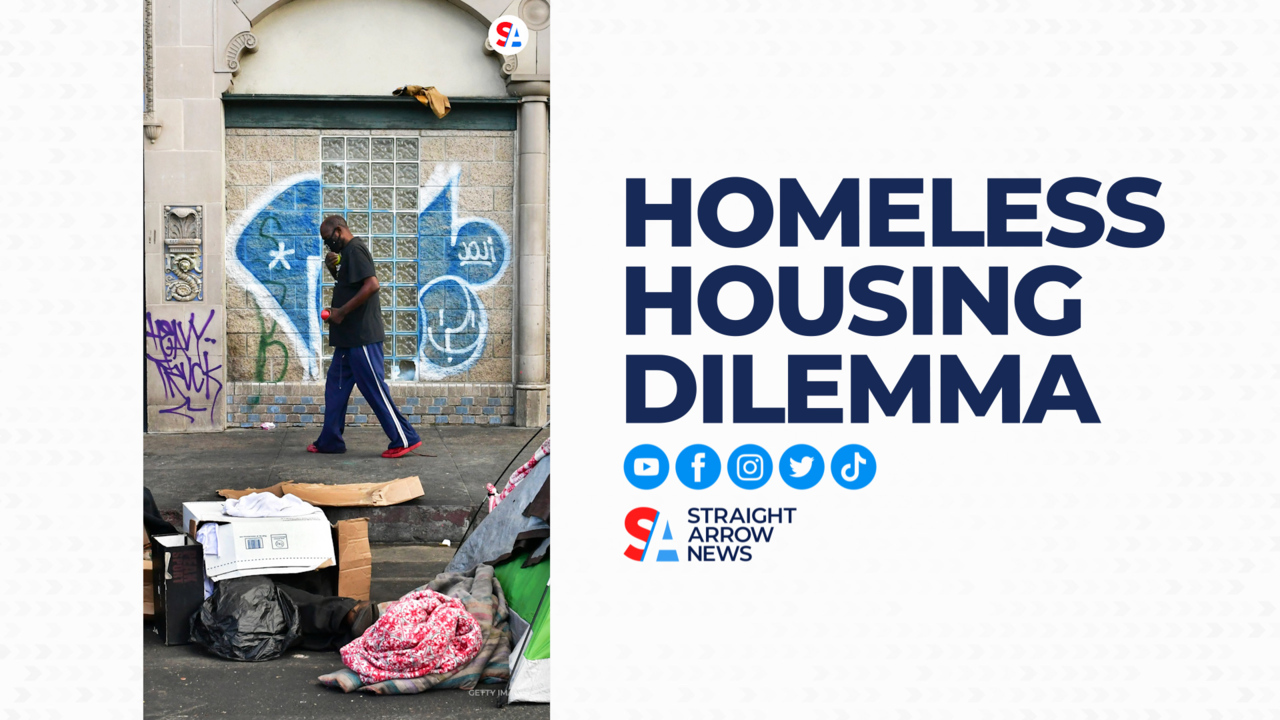
MAHMOUD BENNETT: A CONTROVERSIAL LOS ANGELES ORDINANCE WILL BE ON THE BALLOT IN 2024. IT’LL REQUIRE HOTELS IN THE CITY TO OPEN UP THEIR VACANT ROOMS TO THE HOMELESS
UNDER THE PROPOSED PLAN HOTELS WILL HAVE TO NOTIFY THE CITY EVERYDAY BY 2 PM OF HOW MANY EMPTY ROOMS THEY HAVE LEFT FOR THE NIGHT
VOUCHERS CAN THEN BE USED TO STAY IN THEM ALONGSIDE GUESTS
WHILE SOME OPPONENTS SAY IT’S AN IRRESPONSIBLE WAY TO DO BUSINESS OTHERS CALL IT A WIN WIN GIVEN THAT HOTEL OWNERS WILL GET PAID FOR THE ROOMS
LA COUNTY HAS MORE THAN 66 THOUSAND HOMELESS PEOPLE – BUT IT’S FAR FROM THE ONLY MAJOR METROPOLITAN AREA FACING A DILEMMA OVER HOUSING.
THE CITY OF MIAMI IS LOOKING INTO PLANS THAT WOULD MOVE HOMELESS PEOPLE TO AN ISLAND OFF THE EAST COAST – TO SITUATE THEM IN TENTS
THESE ARE JUST TWO TACTICS MAKING HEADLINES – IT’S ALL AN EFFORT TO COMBAT THE RISING HOMELESS CRISIS IN AMERICA
ACCORDING TO THE WASHINGTON POST SHELTERS ACROSS THE U.S. ARE REPORTING A SURGE IN PEOPLE LOOKING FOR HELP – AND INFLATION HAS MADE IT WORSE
THE U.S. DEPARTMENT OF HOUSING AND URBAN DEVELOPMENT RECENTLY ANNOUNCED 2.8 BILLION DOLLARS IN FUNDING FOR HOMELESS SERVICES
ACCORDING TO THEIR STATS MORE THAN 326,000 PEOPLE EXPERIENCED SHELTERED HOMELESSNESS IN 2021










